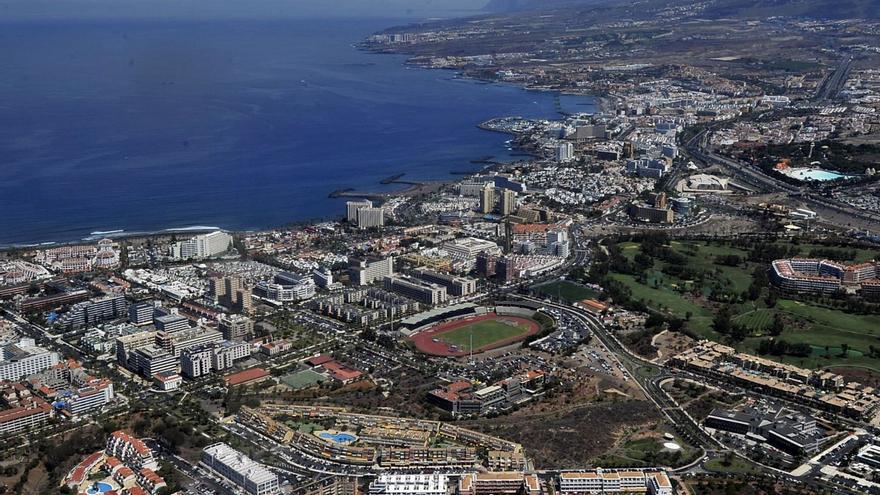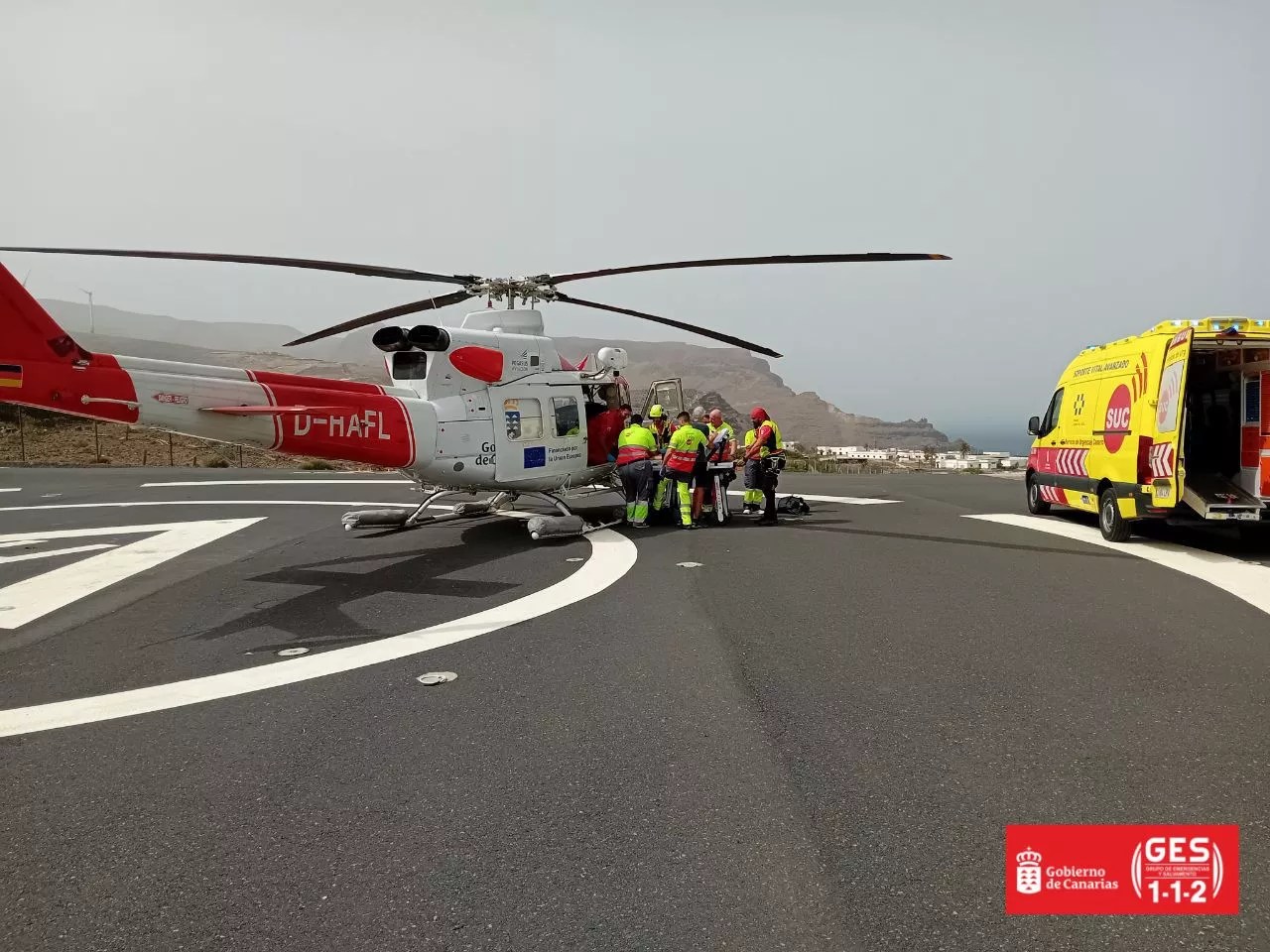
The Hotel and Extrahotel Association of Tenerife, La Palma, La Gomera and El Hierro (Ashotel) has initiated a pilot project to transport the staff of nine hotels located in Costa Adeje to their workplaces. The initiative, named Ashotel Shared Mobility, is currently in a trial phase for six weeks since the 6th of the current month and involves using an on-demand mobile bus application that operates on three routes between San Isidro (Granadilla de Abona), Cabo Blanco and Las Galletas-El Fraile (Arona) to the various work locations.
With 15 to 55 seats, the buses take between 15 and 50 minutes – depending on the route and traffic conditions – to travel the routes, with four stops each. This daily service benefits workers with shifts starting at 7:00 and 8:00, and finishing between 15:00 and 16:00 at the hotels Parque del Sol, Iberostar Anthelia, Jardines de Nivaria, GF Gran Costa Adeje, GF Isabel, GF Fañabé, GF Victoria, Gran Tacande Wellness & Relax and Baobab Suites.
After two weeks of testing, both the data and the reception of the initiative have significantly increased, with 400 users intending to try this pilot project, out of which 200 are currently using it in these initial two weeks on the three established routes, as stated by Ashotel.
The project began months ago with analysis and design phases, such as studying the mobility habits of a sample of workers, selecting the routes, and adjusting the on-demand mobile transport application. With this app, developed by Celering, the aim is to enhance the mobility of the staff of associated establishments, reduce the number of private vehicles on the road, test technology that optimizes costs and worker service (on-demand transport), and measure the impacts to strengthen transport options in high-occupancy vehicles.
The App
[–>
The mobile on-demand, shared, and sustainable transport app connects the passenger, driver, and operator, works with pre-registration of users, allowing them to easily book their journey, and helps the operator optimize the service, adapt the type of vehicle, and design routes and stops. Its use tailors the service to the real-time preferences of requesting users. If there are no bookings for a trip, it is not provided, saving CO2 emissions and costs; if bookings are low or high, the vehicle size is adjusted; if a stop is not used, it can be easily removed or other stops added swiftly.
Ashotel’s Vice President, Victoria López, regards this as a project that should have been implemented prior to the pandemic, though she acknowledges the challenges in getting it started due to its complexity. “We have been working on it for a while, putting effort and thinking about what’s best for the staff,” she said.
The hotel entrepreneur emphasises that “the lack of investment in the necessary infrastructure has led to a significant collapse and a loss of competitiveness and quality of life for hotel staff, who spend hours on the road.” The Vice President states that Ashotel’s aim is “to reduce cars on the road and offer a high-occupancy vehicle service, with few stops, faster, more comfortable, picking up close to workers’ residences and dropping off very close to the workplaces.” Going forward, “the idea is to assess whether it is technically and economically viable to implement this across the rest of the island. Currently, the results are promising and the number and satisfaction of users, once initial issues were resolved, are gradually increasing,” López adds.
The initiative, known as Ashotel Shared Mobility and framed within the Sustainability and Digitalisation Strategy of the hotel employers’ association, is carried out in collaboration with the on-demand transport technology company Celering, the transport operator Sierra, González and the specialized consultant Wawa, along with the nine hotels participating in this pilot project. At the end of the six-week trial period, Ashotel will evaluate the results.
















